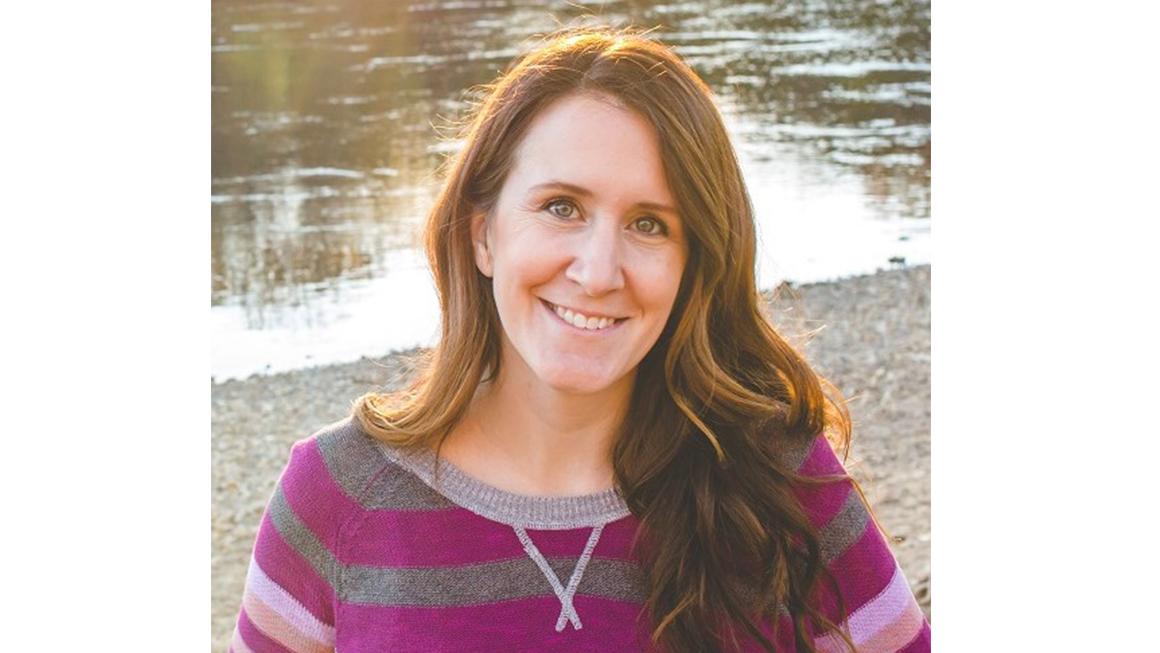“One of the goals of this new position is to demonstrate and help Minnesotans use stormwater research practically,” said MNSG Director John Downing. “One of Sea Grant’s strengths is that we show people how they can apply water research in their life and in their community with measurable benefits.”
Karschnia will be responsible for collaborating with organizations such as soil and water conservation districts, city and county governments, commercial interests, watershed districts and watershed management organizations across Minnesota to identify, develop, implement and evaluate educational programs that will have a positive and measurable impact on water resources across the state.
“Over the years, I’ve had a lot of great discussions with public officials and water resource practitioners about the growing need for watershed education in Minnesota. Elected and appointed officials want to better understand the impact of their water resource decisions and want more tools to better communicate complex stormwater management issues,” said Karschnia. “This position is an opportunity to address that need and to make real and lasting change in our communities.”
Three ongoing programs that will be part of Karschnia’s portfolio include the MNSG Watershed Game, the Minnesota Stormwater Research Program and the Nonpoint Education for Municipal Officials program.
“Maggie’s experience as a water resources project manager with the Prior Lake-Spring Lake Watershed District and as a wetlands and grassland program manager with the Minnesota Land Trust will be valuable as she works to address complex water-management and water-quality issues, specifically those related to urban stormwater, community resiliency and watershed education,” said Downing.
Karschnia has given statewide presentations on permit programs, conservation easements, and iron-enhanced sand filters and created the Metro Carp Management Group. She also managed and led a permit program which regulated development projects in accordance with a watershed district’s stormwater rules and developed and managed water quality improvement projects and programs to treat stormwater.
“This position will help ensure that the latest stormwater research gets into the hands of those who can apply it to actual stormwater practices,” said Karschnia. "It’s an exciting opportunity to help promote the building of community resiliency measures into plans and policies and to connect practitioners with researchers to direct future research projects."
The mission of the WRC is to advance the science of clean water for all Minnesotans. “Maggie and her experience across the state will help us reach that goal through her focus on stormwater management and community resiliency," said Joel Larson, WRC associate director. "We are excited to have her join the WRC and for the continued collaboration with Minnesota Sea Grant.”
Karschnia’s position, which begins August 16, 2021, is a collaborative appointment between MNSG (50%), a systemwide program of UMN, and WRC (50%), a unit of the College of Food, Agriculture and Natural Sciences and the University of Minnesota Extension.
“Minnesota Sea Grant staff collaborate, partner, and engage with water professionals, policymakers, water and land managers, and others in coastal and inland communities across the state to improve the state’s water, water management, and water use,” said Downing. “We are pleased to welcome Maggie to our team and look forward to our collaboration with the WRC.”
CONTACT:
John Downing, Director, Minnesota Sea Grant; Professor of Biology, Department of Biology and Scientist, Large Lakes Observatory, University of Minnesota Duluth, downing@d.umn.edu, 218-726-8715.
Marie Thoms, Communications Manager, Minnesota Sea Grant, methoms@d.umn.edu, office: 218-726-8710, mobile: 907.460.1841, @MNSeaGrant.www.seagrant.umn.edu.
Maggie Karschnia, MNSG-WRC Stormwater Extension Educator, mskarschnia@gmail.com.
Image credit: Sarah Hudson.
